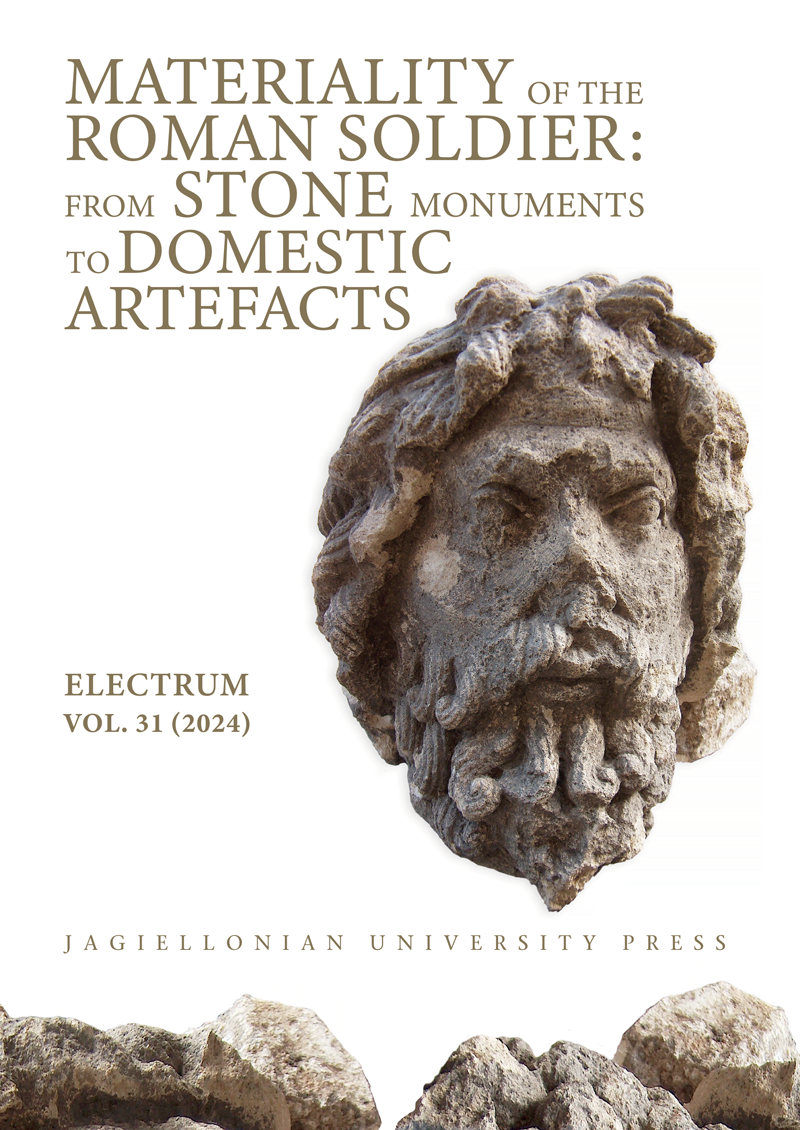Author(s): Sorin Nemeti / Language(s): English
Issue: 31/2024
There was a standard religious observance in the Roman army, attributed to the reforms of the age of Augustus, but not documented until the time of Severus Alexander, through famous religious calendars on papyrus discovered at Dura Europos, known as Feriale Duranum. The document contains the dates of the religious year, the days being divided into three main groups: imperial anniversaries, certain common holidays (Kalendae Ianuariae, natalis Martis patris Victoris, Quinquatria, natalis Urbis Romae aeternae, Vestalia, Neptunalia) and only three proper military celebrations (honesta missio on January 7 and two Rosaliae signorum on May 10 and 31). How are these common celebrations reflected in the votive activity that leaves material traces on a legionary camp like that of Potaissa? Archaeological research of the principia (1974–1989) and the courtyard of this building (atrium) (2008–2011) led to the discovery of six bases of statues and a plinth, which it should be associated with the marble slabs, fragments of which were discovered scattered throughout the basilica principiorum, in the courtyard (atrium) as well as in the side porticoes. According to the reading of these six inscriptions in the principia of Potaissa, in the cases where the emperors could be identified, there was in the 3rd century AD statues dedicated to Septimius Severus, Caracalla and Julia Domna (two inscriptions), possibly also for Elagabalus associated with Julia Maesa and Julia Soemias, Gordian III and Sabina Tranquillina and Philip the Arab and his son. Thus, one can imagine the celebrations evoked by Feriale Duranum (natales and dies imperii of these emperors of the Severian dynasty, respectively of the barrack emperors) which took place in front of the statues dedicated by the officers and optiones of the legion.
More...



![Me som Rom, tumen san gadźe [1978]](/api/image/getissuecoverimage?id=picture_2023_83562.png)